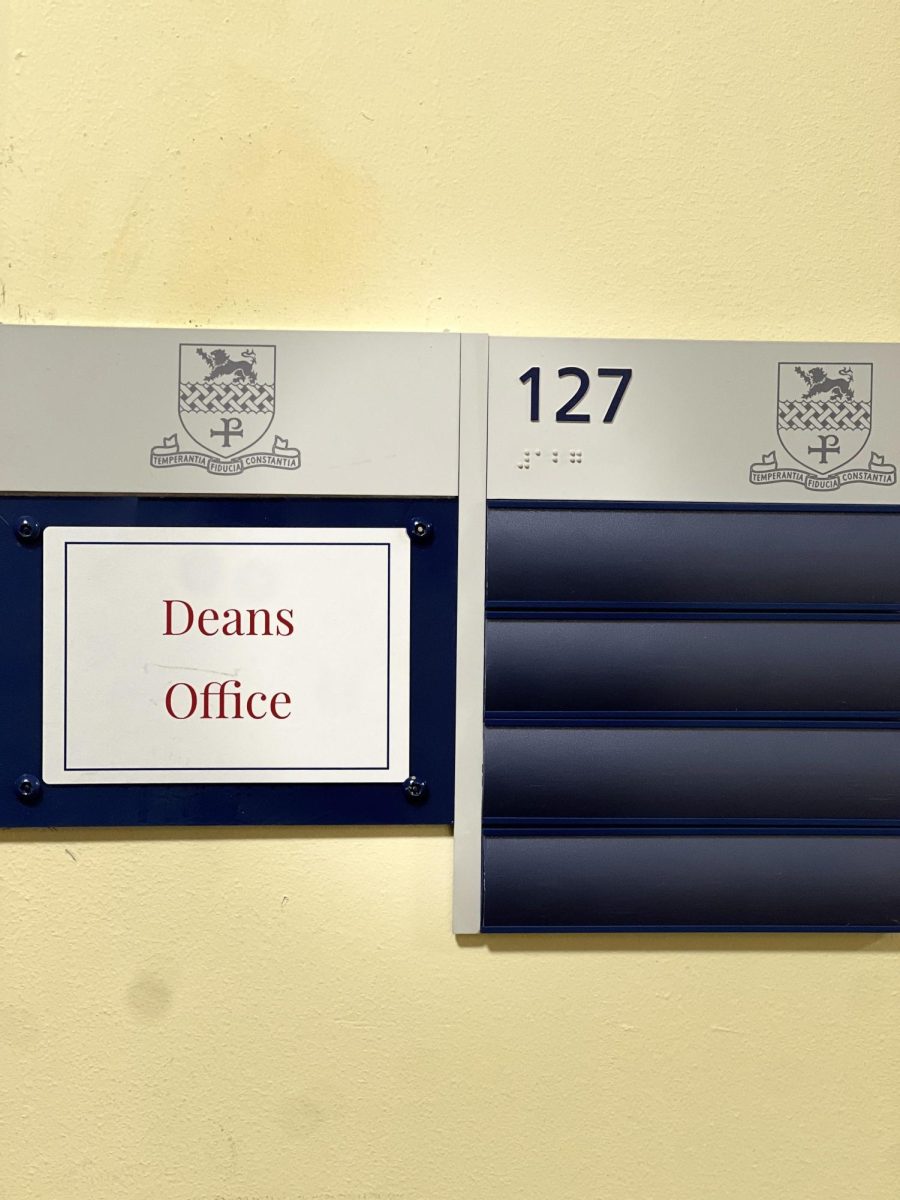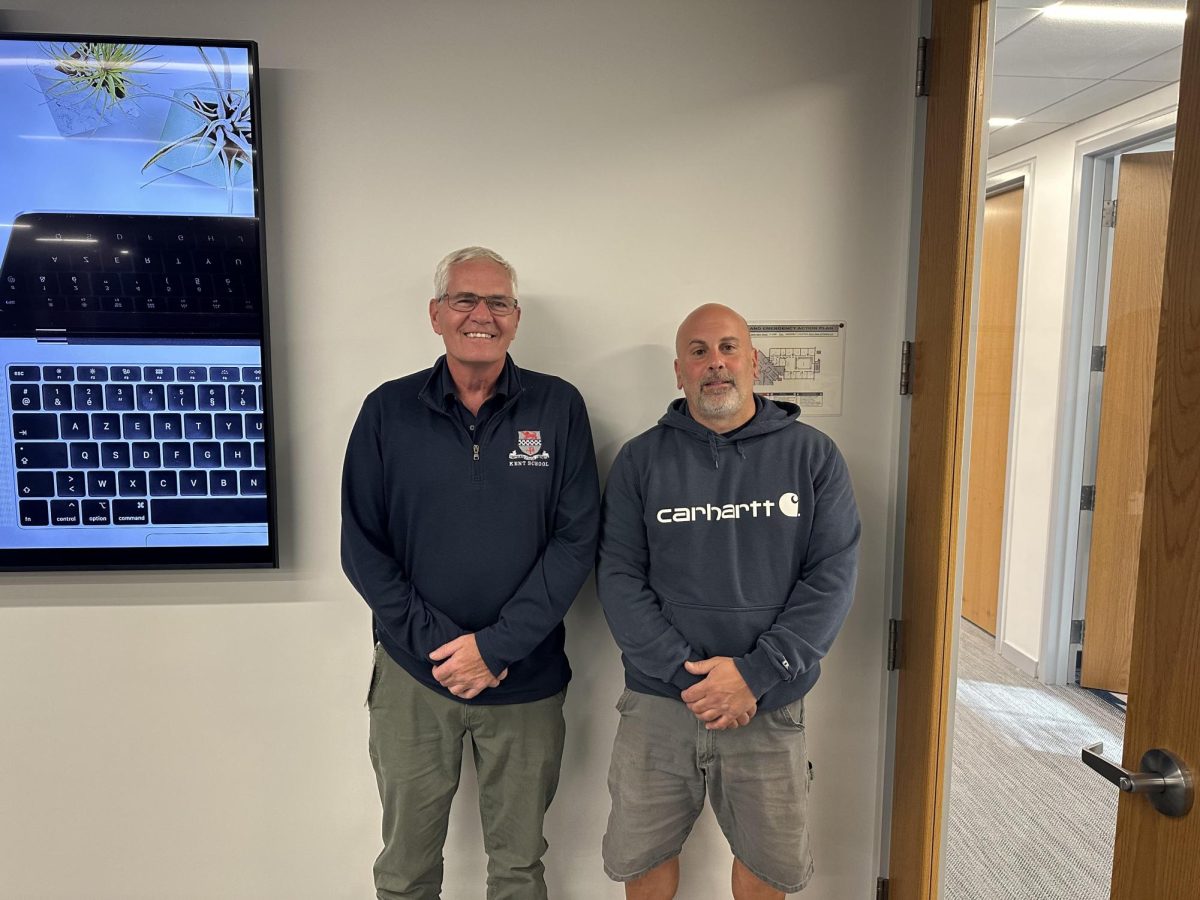Kent School has made several changes to its school policies this year. Besides the most famous one, the phone policy, the Deans Office also updated other policies focusing on detention procedures, student voices in the DC, and communication between students and the deans.
No technology in Detention
In the past, students were allowed to use laptops during detention to complete schoolwork. However, this often resulted in distraction rather than productivity. “Students need technology to see the Canvas page to do their work,” Mr. Shafer explained. “But it did not help them do their homework. Detention proctors and even students themselves were saying they were not focusing, but instead watching TV on their computers. This is not accomplishing what detention is supposed to do.”
Now, detention is strictly paper-and-pencil, making it easier for the proctors to monitor students. “It’s more obvious now if someone is doing something they are not supposed to, because it would be clear if they don’t have paper laid out in front of them,” Mr. Shafer said. “In this case, we wish to get more work done during detention.”
Mr. Shafer also hopes this change will shift students’ perception of detention. “It is not just a place to get your work done. Now, you need to prepare ahead, and options will be limited. We want to address the thought that detention is not that big of a deal.”
Victim Statements in the DC Process
Another update involves the Disciplinary Committee. In cases before, the perpetrator could send a statement, explaining their thought processes or decisions, but the victim’s perspective relied indirectly through a dean.
“I think both sides should be heard by the DC,” Mr. Shafer shared his opinion. “It’s equity. If something happens to me, I shouldn’t necessarily rely on the dean to capture exactly how I would say it. The DC now has direct information from everyone.” This change, he hoped, will strengthen both the equity and accuracy in the DC process. Now, any students from any side who are going through the DC would feel their voices being heard correctly. The goal is for students to feel more seen, while giving the DC as much information as possible to make their decisions.
Transparency in Deans Notes
Previously, the dean recorded notes but did not share them with the students. “We never showed our notes to the person we are talking to, although these notes contained no opinions, just facts. But now I just turn my paper and have them read it,” Mr. Shafer said. “I can adjust right there.” Afterwards, students sign at the bottom, making sure there’s no misunderstanding or misinterpretation.
This adjustment, Mr. Shafer noted, is about trust. “We are not adjusting your words or shaping things in any direction. We are taking your statement, confirming with you, and that’s what we are going to share. I hope to build a trust bond between students and the deans since the Deans Office is just collecting information. Everyone should be okay with what they shared with us, and they should know these are used appropriately.”








